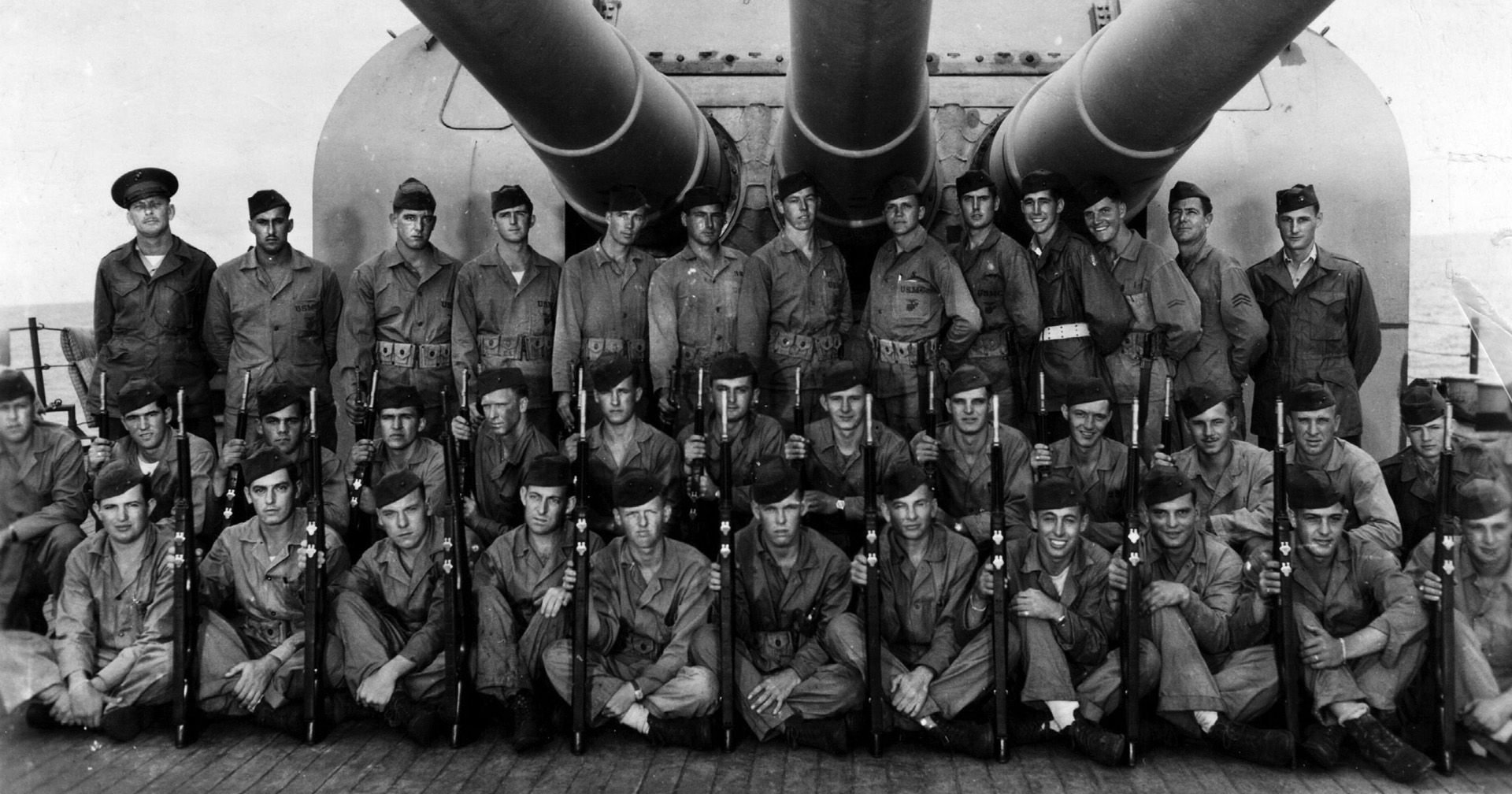A recent news story serves as a reminder that more than 60 years after the end of World War II, the pursuit and punishment of Nazi war criminals remains relentless. Although many of those who perpetrated some of the most heinous crimes against humanity have died, others now aged at least into their 80s, are still living—possibly among us. At the age of 83, Elfriede Rinkel, a resident of San Francisco, was deported to Germany. Last October in June 2006, she had made an agreement with prosecutors to surrender her green card and never return to the U.S. In exchange, the U.S. government agreed not to disclose details of Rinkel’s case. Although these particulars were not released, it was noted that investigators regularly compare immigration documents with rolls containing the names of Nazi concentration camp guards.
Rinkel admitted that she had served as a guard at the infamous Ravensbrueck camp, where more than 90,000 of a reported 130,000 prisoners, all women, perished during the war. She was at the camp from June 1944 to April 1945.
After emigrating to the United States, Rinkel married a German of Jewish descent. Her brother and sister-in-law, who currently reside in northern California, denied knowing anything about her wartime activities and asserted their belief that her husband, now deceased, had also been in the dark about the subject.
An attorney for the U.S. Justice Department emphasized the commitment of the U.S. government to pursue war criminals aggressively. “Concentration camp guards such as Elfriede Rinkel played a vital role in the Nazi regime’s horrific mistreatment of innocent victims,” she said. “This case reflects the government’s unwavering commitment to remove Nazi persecutors from this country.”
The prosecution and deportation of Elfriede Rinkel conjures up images of such apostles of Nazi evil as Adolf Eichmann, architect of the supposed “Final Solution,” who was responsible for the deaths of millions. Eichmann was located in Argentina, spirited away to Israel, tried, convicted, and hanged in 1962. Martin Bormann, Hitler’s personal secretary, was tried in absentia and sentenced to death after the war. His disappearance from Berlin was a mystery for decades until his remains were discovered and it was determined that he died in 1945.
Dr. Josef Mengele, the “Angel of Death” at Auschwitz, reportedly lived in relative obscurity in South America until he drowned in 1979. Klaus Barbie, the Butcher of Lyon, ordered thousands to their deaths between 1942 and 1944. Although he was known to be living in South America during the 1970s, Barbie was not apprehended and put on trial until 1984. Found guilty by a French court, he was sentenced to life in prison in 1987. However, he served only four years before dying of cancer.
Alois Brunner, perhaps the highest ranking Nazi war criminal thought to still be alive and at large, was one of Eichmann’s most feared lieutenants. Brunner was tried in absentia and sentenced to death in the 1950s. As recently as 2005, members of the media reported that the virulently anti-Semitic Brunner, who would be 95 years of age, was living in Damascus, Syria. Efforts to bring him to justice are ongoing.
Another, somehow more disturbing example of the postwar hunt for Nazi war criminals concerns John Demjanjuk, who for nearly 30 years was an auto worker in Ohio. He was pursued by the U.S., German, and Israeli governments on charges of being the brutal guard “Ivan the Terrible” at Treblinka. Alternately tried, convicted, and then acquitted, Demjanjuk was never proven to be Ivan the Terrible, but later he was determined to have been a guard at both the Sobibor and Majdanek camps in Poland.
On May 1, 2004, Demjanjuk was stripped of his U.S. citizenship. Then, on December 28, 2005, he was deported to his native Ukraine.
The additional disturbing point about Rinkel and Demjanjuk is simply this: aside from the well-known leaders of the Nazi regime, there also existed the rank and file who did their bidding. Without those willing to follow such orders, the Holocaust itself was much less likely to happen.
Michael E. Haskew







My late wife and her family were internal refugees who spent the war hiding from the Japanese in the jungles of Mindanao in the southern Philippines. They were quite aware of the rather hit and miss attitude toward locating and prosecuting war criminals. Failure to do so only brings more such activity in the next war, which somehow always occurs. See Kosovo, Rwanda, etc.